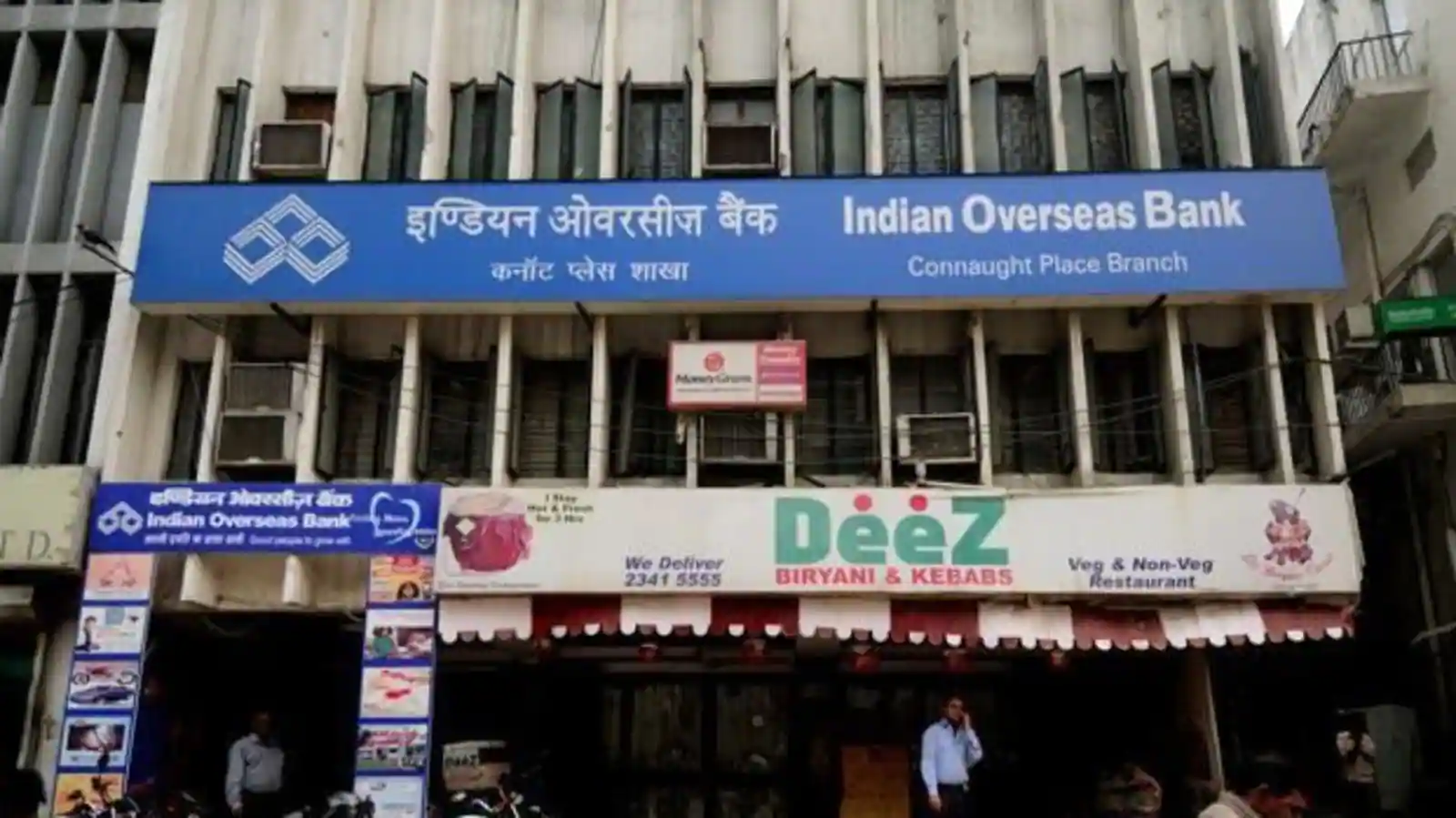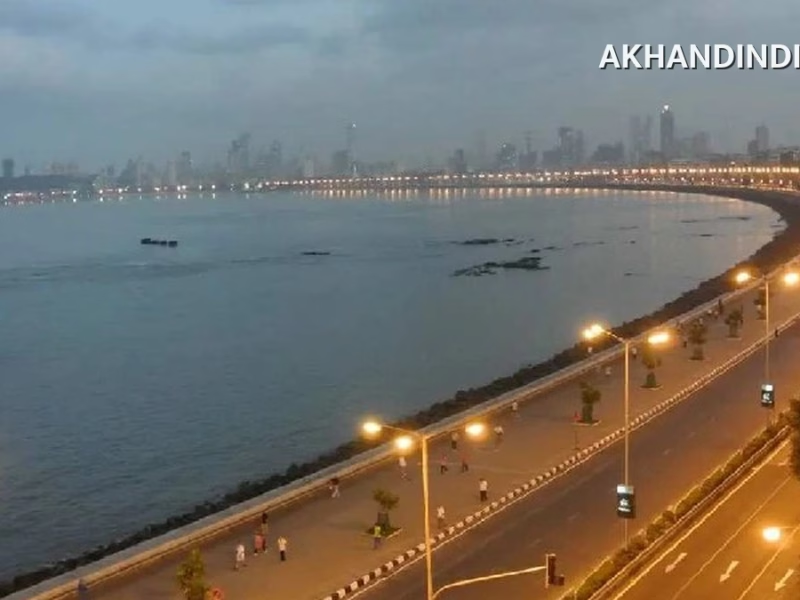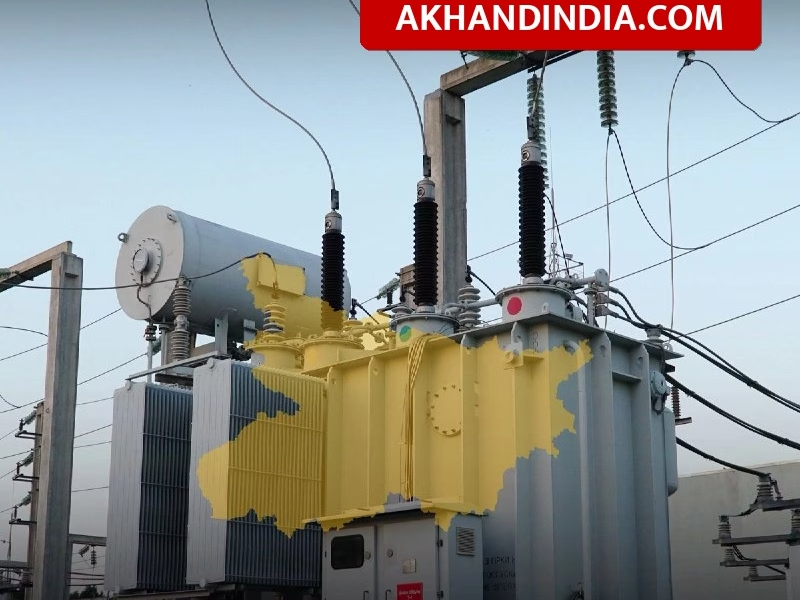India’s banking sector is one of the largest in the world and with it comes a large number of distressed and non-performing assets (NPAs). In order to recover their dues from defaulting borrowers, banks often resort to auctioning non-performing assets and properties. In this blog, we take a look at the process of India Bank property auctions and all that you need to know about them.
An India Bank property auction is a process wherein banks auction off properties of defaulters in order to recover their dues. This process is called ‘foreclosure’ and is regulated by the Securitisation and Reconstruction of Financial Assets and Enforcement of Security Interest Act, 2002.
When a borrower defaults on a loan, the bank initiates foreclosure proceedings after a 180-day period. This process involves the auctioning off of the borrower’s property to the highest bidder in order to recover the dues. All India Bank property auctions are conducted in accordance with the rules and regulations laid down by the Reserve Bank of India (RBI).
The auction process typically involves the publishing of a public notice in newspapers as well as on the bank’s website. The notice will include details such as the description of the property, the reserve price, the terms and conditions of the auction, the deadline for submitting bids and the documents to be submitted by the bidder.
In order to participate in an India Bank property auction, one needs to submit an earnest money deposit (EMD) along with their bid. The EMD is a refundable security deposit paid by the bidder and it serves to ensure that the bidder is serious about buying the property. The EMD amount is typically 5% of the property’s reserve price.
Once the bids have been submitted, the bank will select the highest bidder and announce the chosen bidder in the public notice. The chosen bidder will then have to pay the remaining amount within a specified time frame.
India Bank property auctions are a great way for banks to recover their dues from defaulters. However, buyers should be aware of the risks involved while participating in such auctions. They should do their due diligence and ensure that they are familiar with the rules and regulations governing such auctions.
For ongoing resources on India Bank property auctions, please refer to the following links:
- https://ibapi.in/
- https://www.unionbankofindia.co.in/auction-property/view-auction-property.aspx
- https://www.bankeauctions.com/










